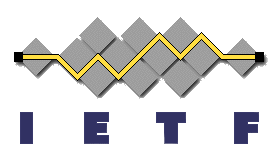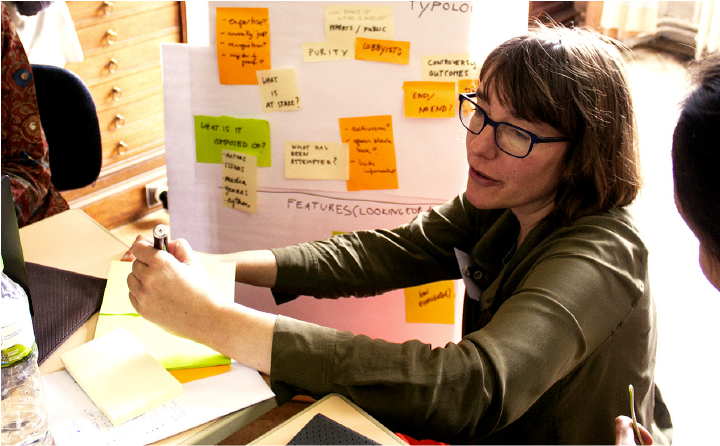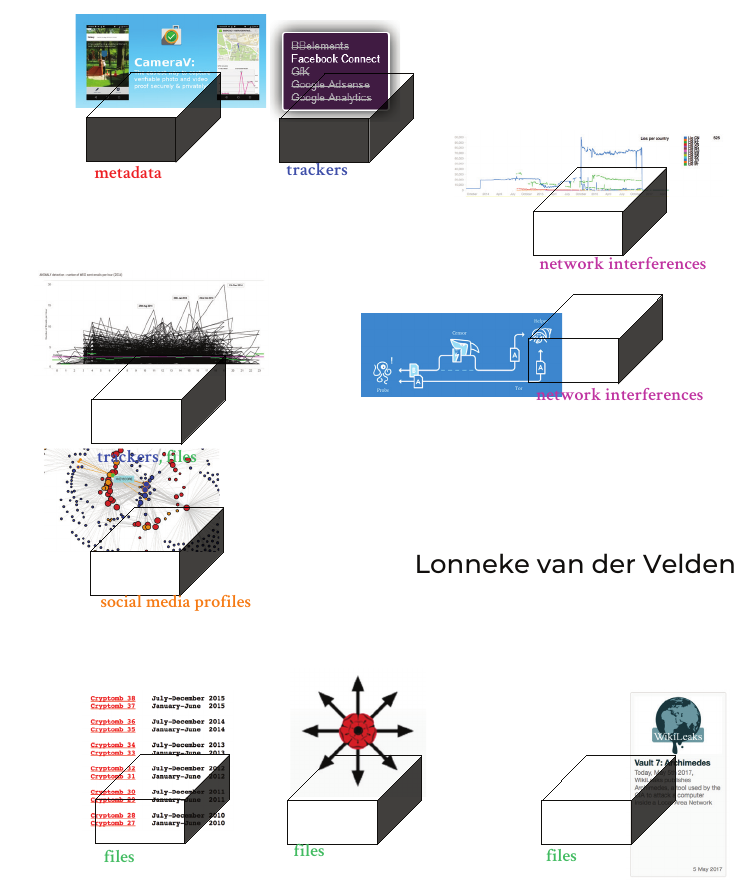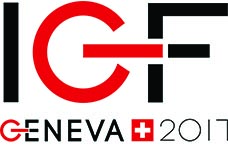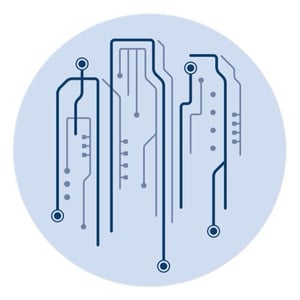Kersti R. Wissenbach | March 2018
It has been a while since I first got my feet into the universe of technology and socio-political change. Back then, coming from a critical development studies and communication science background, I was fascinated by the role community radio could play in fostering dialogue among communities in remote areas, and between those communities and their government representatives.
My journey started in the early 2000s, in the most remote parts of Upper West Ghana, with Radio Progress, a small community radio station doing a great job in embracing diversity. Single feature mobile phones were about to become a thing in the country and the radio started to experiment with call-in programs for engaging its citizens in live discussions with local politicians. Before, radio volunteers would drive to the different villages in order to collect people’s concerns, and only then bring those recorded voices back into a studio-based discussion with invited politicians. The community could merely listen in as their concerns were discussed. With the advent of mobile phones, people suddenly could do more than just passively listen to the responses: finally they could engage in real-time dialogue with their representatives, hearing their own voices on air. Typically, people were gathering with family and other community members during the call-in hours to voice their concerns collectively. Communities would not only raise concerns, but also share positive experiences with local representatives following up on their requests. These stories encouraged neighbouring communities to also get involved in the call-in programs to raise their concerns and needs to be addressed.
Fast forward to today and much has changed on the ‘tech for social change’ horizon, at least if we listen to donor agendas and the dominant discourses in the field and in the academia. But what has really changed is largely one thing: the state of technology [1]. In the space of two decades, our enthusiasm, and donor attention, fixed on the ubiquity of mobile technologies, followed by online (crowdsourcing) platforms, social media, everything data (oh, wait … BIG data), and blockchain technology.
Whilst much of what has changed in these regards over the last few decades can be bundled under the Information and Communication for Development (ICT4D) label, one aspect seems to remain constant: change, if it is meant to happen and last, has to be rooted in the contexts and needs of those it intends to address. This is the ultimate ingredient for direct and inclusive engagement of the so-called civil society. Like a cake that needs yeast to rise, no matter whether we add chocolate or lemon, socio-political change in the interest of the people requires the buy-in of the people, no matter what tech is on the menu at a certain moment in time, and in a certain place of the world.
We have learnt many lessons along the way, and we had to sometimes learn them the hard way. Some are condensed in initiatives such as the Principles for Digital Development, a living set of principles helping practitioners engaging with the role of technologies in social or political change programs to learn from past experiences, in order to avoid falling into the same traps – be it of technological, political, and/or ethical nature.
We have observed an upsurge in ‘civic’ users of technologies for facilitating people’s direct engagement in governance, coupled with an emphasis on ‘open government models’. Much of this work emerged in parallel to or from earlier ICT4D experiences, and largely taps into the same funding structures. The lessons learned should be a shared heritage in the field. With various early programs coming to an end, this transnational community of well-intended practitioners, many of which have been involved in what we have earlier called ICT4D work, is now reflecting on the effectiveness of technology in promoting civil society participation in governance dynamics. What puzzles me year after year, however, is how practitioners of civic tech and open government, currently producing ‘first lessons learned’ on the effectiveness of technology in civil society participation in governance, are largely reproducing what we already know, and thus lessons we should have learnt. As critical as I am towards project work driven by traditional development cooperation, all this leaves me wondering what is novel, if anything, in these newest networks – largely breathing from the same funding pots.
New developments in the tech field do not liberate us from the responsibility to learn from what has already been learned – and build on it. The lessons learnt in decades of development communication and ICT4D works evidently cut across technological innovations, and apply to mobile technology as much as to the blockchain. Most importantly: different socio-political contexts call for personalized solutions, given the challenges remain distinct and increase in complexity, as we can see in the growing literature on critical data studies (see e.g. Dalton et al., 2016; Kitchin and Lauriault, 2014).
The critical role of proactive communities, their contexts and needs in fostering social or political change has been discussed since decades. Besides, as the Radio Progress anecdote shows, it applies across technologies. Sadly, once again, the dominant civic tech discourse seems to keep departing from the ‘tech’ rather than the ‘civic’. Analyses start off from the technology-in-governance side, rather than from the much-needed critical discourse of the fundamental role of power in governance: how it is constructed, reproduced, and distributed.
Departing from the aseptic end of the spectrum confines us to a tech-centric perspective, with all the limitations highlighted since the early days of Communication for Social Change and ICT4D critique. Instead, we should reflect on how power structures are seeded and nourished from within the very same communities. This relates to issues such as geographical as much as skill-related biases, originating patterns of exclusion that no technology alone can solve. Those biases are then reproduced, not solved, by technological solutions which aim would be, instead, to enable inclusive forms of governance.
For the civic tech field to move forward, we should move beyond an emphasis on feedback allocation and end-users ultimately centring on the technological component; we should instead adopt a broader perspective in which we recognise the user not merely as a tech consumer/adopter, but as a complex being embedded in civil society networks and power structures. We, therefore, should ask critical questions beyond technology and about communities instead; we should ask ourselves, for example, how to best integrate people’s needs and backgrounds across all stages of civic tech programs. Such a perspective should include a critical examination of who the driving forces of the civic tech community are and how they do subsequently affect decision-making on the development of infrastructures. What is crucial to understand, I argue, is that only inclusive communities can really translate inclusive technology approaches and, consequently, inclusive governance.
From the perspective of an academic observer, a disciplinary evolution is in order too, if we are to capture, understand, and critically contribute to these dynamics. The proposed shift of focus from the ‘tech’ to the ‘civic’ should be mirrored in the literature with a new sub-field, which we may call Critical Community Studies. Emerging at the crossroad of disciplines such as Social Movement Studies, Communication for Social Change, and Critical Data Studies, Critical Community Studies would encourage to taking the community as an entry point in the study of technology for social change. This means, in a case such as the civic tech community, addressing issues such as internal diversity, inclusiveness of decision-making processes, etc. and ways of different ways of engaging people. It also relates to the roots of decisions made in civic tech projects, and in how far those communities, supposed to benefit from certain decisions, have a seat on the table. More generally, Critical Community Studies should invite to critically reflect on the concept of inclusion, both for practitioner agendas and academic frameworks. It would also encourage us to contextualize, take a step back and ask difficult questions, departing from critical development and communication studies (see e.g. Enghel, 2014; Freire, 1968; Rodriguez, 2016) , while taking a feminist perspective (see e.g. Haraway, 1988; Mol, 1999).
Since such a disciplinary evolution cannot but happen in dialogue with existing approaches and thinkers, I would wish to see this post to evolve into a vibrant, cross-disciplinary conversation on how a Critical Community Studies could look like.
I would like to thank Stefania Milan for very valuable and in-depth feedback and insights whilst writing this post.
Cited work
Dalton CM, Taylor L and Thatcher (alphabetical) J (2016) Critical Data Studies: A dialog on data and space. Big Data & Society 3(1): 2053951716648346. DOI: 10.1177/2053951716648346.
Enghel F (2014) Communication, Development, and Social Change: Future Alternatives. In: Global communication: new agendas in communication. Routledge, pp. 129–141.
Freire P (1968) Pedagogy of the Oppressed. New York: Herder and Herder.
Haraway D (1988) Situated Knowledges: The Science Question in Feminism and the Privilege of Partial Perspective. Feminist Studies 14(3): 575–599. DOI: 10.2307/3178066.
Kitchin R and Lauriault T (2014) Towards Critical Data Studies: Charting and Unpacking Data Assemblages and Their Work. ID 2474112, SSRN Scholarly Paper. Rochester, NY: Social Science Research Network. Available at: https://papers.ssrn.com/abstract=2474112 (accessed 19 March 2018).
Mol A (1999) Ontological politics. A word and some questions. The Sociological Review 47(S1): 74–89. DOI: 10.1111/j.1467-954X.1999.tb03483.x.
Rodriguez C (2016) Human agency and media praxis: Re-centring alternative and community media research. Journal of Alternative and Community Media 1(0): 36–38.


